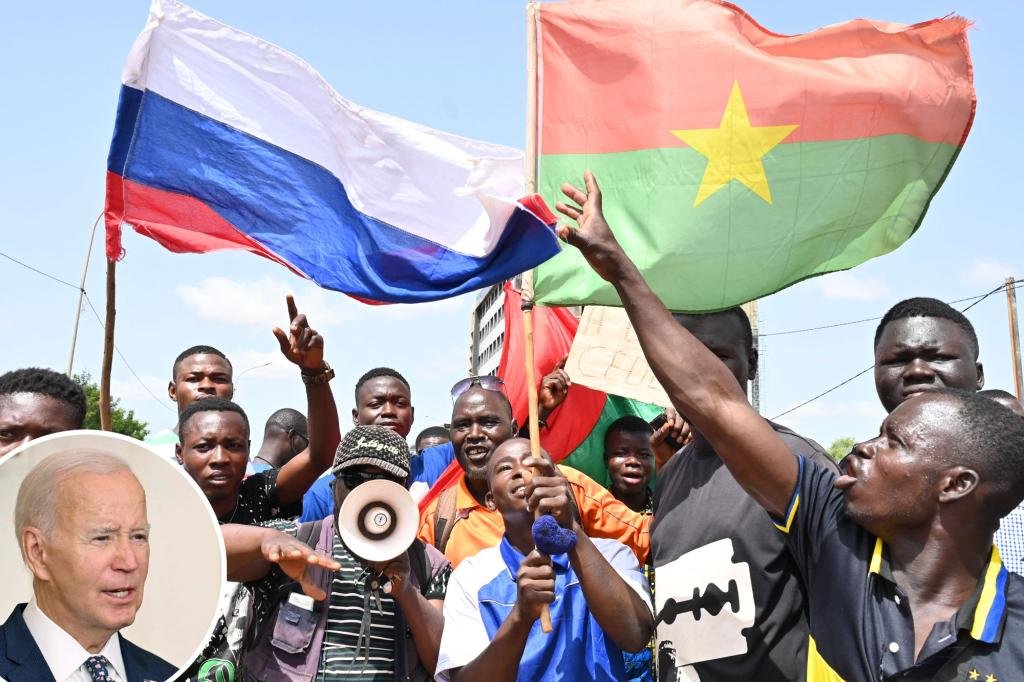Washington’s weakness exposed by Africa’s epidemic of coups
When soldiers staged a coup that ousted President Ali Bongo in Gabon two weeks ago, it marked the eighth coup in three years in Western and Central Africa. African observers, especially those who lived through the 1960s-1980s, may have felt a sense of déjà vu, as conflict and coups were once commonplace across the continent. Despite the period of political stability and economic growth Africa has experienced in the last 30 years, the situation has always been precarious. The COVID-19 pandemic devastated local economies and set the stage for the ongoing political upheaval, even in countries with strong democratic traditions like Senegal and Kenya.
What happens in Africa has global implications, particularly for Western countries like the United States. From security and terrorism to economic development and migration, Africa’s events and developments rarely stay confined to the continent, especially as China and Russia increase their influence in the region. The US has heavily invested in military training and security partnerships across Africa to counter the expansion of terrorist organizations like al Qaeda and the Islamic State in the Sahel. The goal has been to defeat militias and prevent the rise of copycats alongside them. This ongoing aid has helped maintain the US’s respect in much of Africa, in contrast to France, whose former colonies are now in chaos.
The US has long declared its support for Africa’s emerging democracies, but President Biden has been hesitant to label the recent coup in Niger as a coup. This reluctance has caused friction between the US and its oldest ally, France, and has raised concerns that it may encourage other African military leaders to pursue regime change. The implications of these events go beyond American security; they also impact global demographics. By 2050, one in four people on the planet will be African, making Africa home to approximately one-third of the world’s working-age population. The US cannot afford to watch China and Russia build their influence in Africa while being left out.
Russia, led by the infamous Wagner Group, has been sowing discord across Africa, particularly through the use of social media to spread anti-Western messages. China, on the other hand, has displaced the US as Africa’s largest trading partner and has made significant investments in the continent. However, these investments often come with strings attached that erode environmental and democratic standards. While Africa may not have many options, it is crucial for the US to engage with the continent beyond military aid. Additional coups may still occur as Africa adapts to its “new normal,” and it is important for the US to respond decisively when necessary.
Source link




